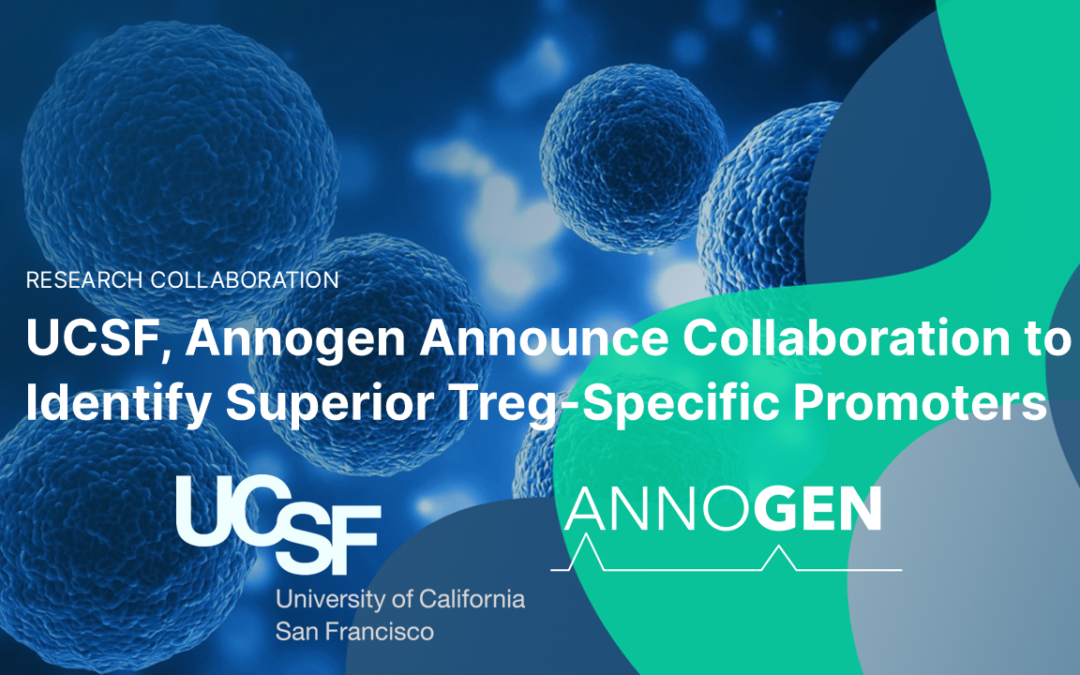PRESS RELEASE
Amsterdam, 13 December 2022
Annogen will functionally annotate tens of thousands of disease-related non-coding sequence variants with the goal of aiding drug discovery
Annogen, the Amsterdam based biotech company behind the SuRE™ technology for the functional annotation of the non-coding part of the genome, today announced it has begun a research project with Pfizer to functionally test tens of thousands of disease-related non-coding sequence variants for their effect on gene regulation. The results may contribute to drug discovery by identifying functionally relevant non-coding variants that play a central role in diseases.
More than 95 percent of disease- and trait-related variants are found in the non-coding genome. However, identifying the important causal variants amongst the thousands of non-functional ones is a major challenge, as non-coding variant functionality cannot be deduced from sequence alone. Using its SuRE™ methodology, Annogen can obtain a functional read-out for up to millions of non-coding variants in parallel.
Joris van Arensbergen, Annogen’s founder and CEO, is pleased to establish another project in this field: “We are very proud of this research project with Pfizer. We believe the non-coding part of the genome represents a huge opportunity for drug discovery that has been largely overlooked. We are now working with several top-tier biopharma companies on a broad array of projects, which demonstrates the interest in the SuRE™ platform and the AIM™ service for gene & cell therapy, drug discovery, and recombinant protein production”.
About Annogen
At Annogen we use our SuRE™ technology to identify regulatory DNA elements to be used for controlled (therapeutic) gene expression valuable for gene & cell therapy, as well as for recombinant protein production. In addition, we offer the AIM™ service to identify favorable gene insertions and their expression levels for more than 100,000 integrations in parallel. These approaches enable researchers to qualitatively interpret the non-coding genome in humans, animals and plants. For more information, please visit www.annogen.bio.
Contact
P. Victor Schut, CBO, [email protected]






